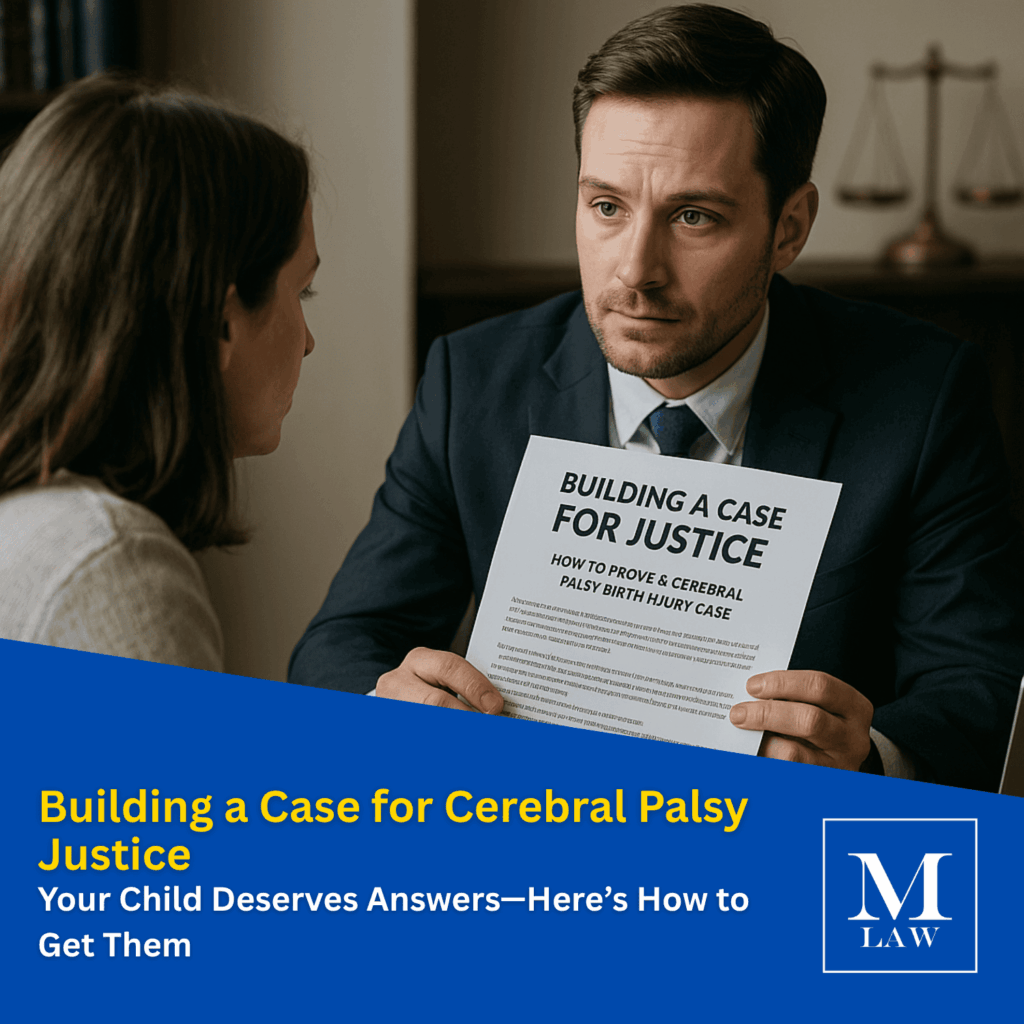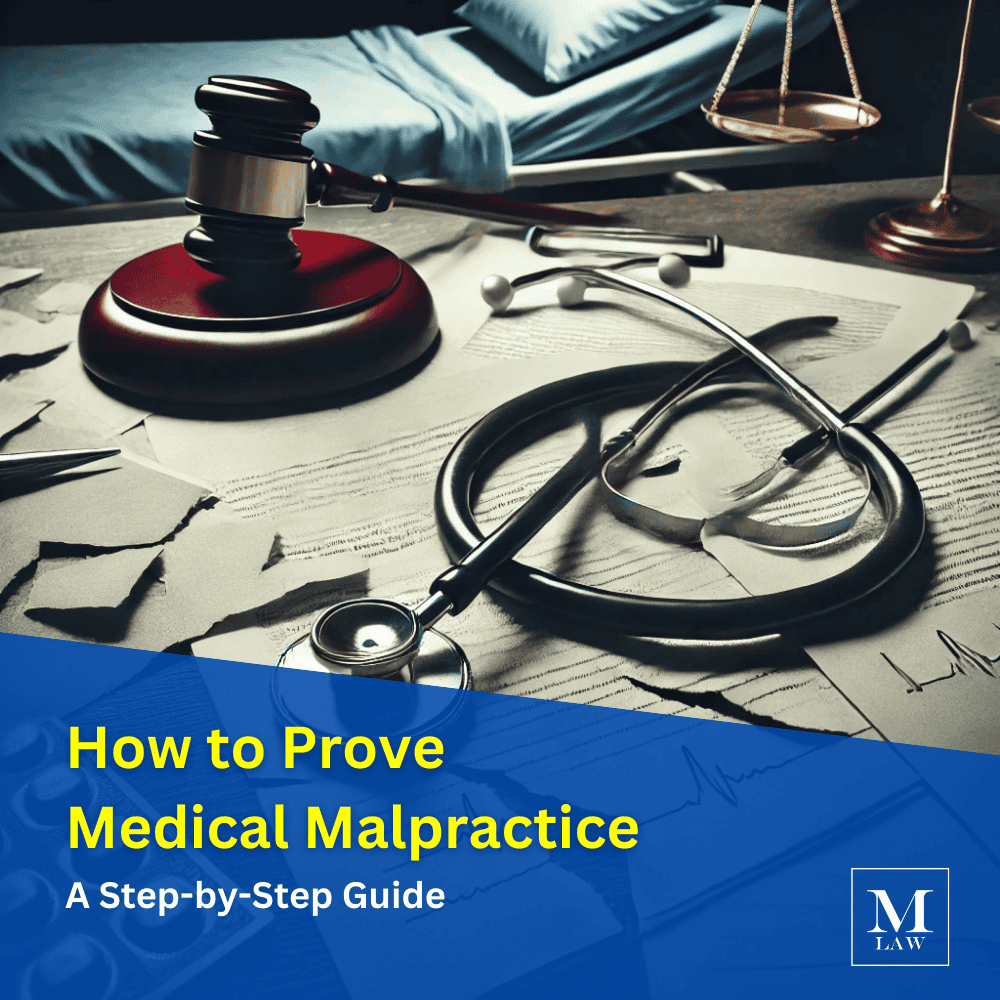The phrases “reasonable person” and “reasonable person standard” are often used in discussions of medical negligence, but what exactly does that mean? Who is this reasonable person?
The reasonable person standard as a concept is pretty simple, but in practice, it can be very, very complicated.
To understand this concept better, first, let’s take a step back. Medical negligence and medical malpractice are areas of law that actually fall under the larger category of personal injury.
Personal injury includes all sorts of cases, including car accidents, premises liability, construction accidents, and more. Most personal injury cases, including medical malpractice cases, rely on this concept of a reasonable person.
The reasonable person is what we use to determine what constitutes negligent behavior.
Negligence is the failure to use the care that a “reasonable person” would use under the same or similar circumstances. If your doctor’s conduct results in harm to you or another person, they could be financially liable for your injuries.

What is the Standard for a Reasonable Person?
In legal terms, a reasonable person is defined as someone with “ordinary prudence.” This means someone who exhibits a healthy level of caution and common sense.
For example, someone who refuses to wear their seatbelt and enjoys driving intoxicated cannot be considered a reasonable person with ordinary prudence. On the other extreme, someone who refuses to even enter a car because they are afraid of getting into an accident would not be considered a reasonable person either.
The reasonable person standard is an “objective standard.” It does not ask whether you personally were justified in acting or not acting in a certain situation. It asks whether a reasonable person would have behaved in the same way.
The reasonable person standard may change based on the facts of the case. It also does not mean that a person must be perfect, because no one is perfect.
What is the Standard in a Medical Malpractice Case?
So all of this should sound simple enough so far, but as we mentioned, the reasonable person standard can get very complicated in medical malpractice cases.
In a medical malpractice or medical negligence case, the reasonable person standard generally still applies, only now it is actually more like a “reasonable doctor” standard.
What further complicates this is that medical malpractice cases are examined by a jury who are usually not educated in the medical field.
This jury must decide whether a doctor acted in a reasonable fashion, even though they don’t understand medical procedures, human physiology, or medical equipment.
This is where an expert witness testimony comes in.
An expert witness in a medical malpractice case is generally a licensed physician, or other medical professional with the same expertise as the doctor who caused you harm.
The expert witness will assess all the facts of the case and help the jury understand the situation. This helps them in determining what a reasonable person would do in the same situation.
This can be a very difficult process, since the jury is not educated in the medical field.

Why The Reasonable Person Standard Matters
The reasonable person standard is a crucial factor in your medical malpractice case. It is of utmost importance that you prove to a jury that your doctor did not act in a reasonable fashion –otherwise, you cannot win your case.
Hiring an experienced medical malpractice lawyer will greatly increase your chances of winning your case. An attorney with trial experience understands how to present the facts of the case to help jurors see the situation in a reasonable fashion.
The standard is not as important when cases are settled out of court. You do not have to prove what a reasonable person would or would not have done in a similar situation. The other party admits they are liable for your damages, so the only dispute to resolve is how much the claim is worth.
Still, it is unlikely that the opposing party will want to settle outside of court if you do not have a lawyer.
Our attorneys can assist you in determining if your doctor acted in a reasonable fashion and with the rest of your case. Contact Merson Law’s medical malpractice lawyers today to get a case evaluation.








